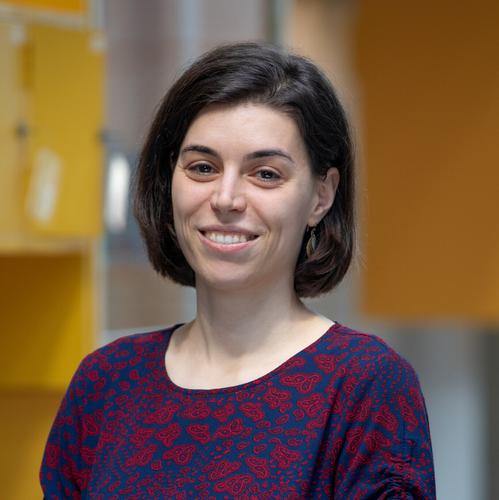
Smaranda Sandu
Assistant Teaching Professor in Computer Science
Interested in the intersection of computer science, mathematics, and human decision making, as well as improving science education and communication */
My research background is in epistemic modal logic and game theory, revolving around modeling human decision making under uncertainty.
Throughout my teaching, I aim to encourage students to engage deeply with the course material, bring their own perspectives and backgrounds into the discussions, and employ their curiosity, with the hopes of making learning as empowering a process as possible. This year, I'll be teaching CS230.
I'm interested in promoting STEM subjects, like Computer Science and Mathematics, and in increasing accessibility around both these subjects and the theory behind them, especially for female students. I'm also engaged in science communication projects, hosting a researcher interview podcast.
Education
- B.A., Wellesley College
- M.A., Cornell University
- Ph.D., Cornell University